Is. 8:23-9:3; Ps: 27:1, 4, 13-14; 1 Cor. 1:10-13, 17; Mt. 4:12-23
It has begun! Jesus is calling his disciples to ministry leaving behind the old ways and the beginning of “the way” of truth and light. Baptism is the beginning of our call to leave behind the old ways of the world and follow the way of the Lord. The way of Jesus was to teach, to proclaim, and to cure.
The first call of a parent is to teach their children the ABCs of “the way”, that is to believe, to confess, to pray, to serve, to love and to come to Mass. A child learns to proclaim their faith through the faith of their parents. If a parent is silent in their faith then the child will be silent in his or her faith. If a parent proclaims the word of God in their lips “Thanks be to God” acknowledging his presence then the child will keep his heart and mind conscious of God’s presence in their life. If a parent brings healing to their child with an act of love the child will in turn give testimony to this love by loving others. How often a child falls when learning to walk and a mother is there to teach it’s only an “Ouchy, its ok” healed with a kiss. How often does a father teach a child to serve with the simple expectation they have to help their mother, share their toys, be obedient. The home is the domestic church where the first lessons of faith and life are learned.
The world is full of “rivalries” even within the faithful as we see in the second reading where Paul is urging the people “that there be no divisions among you but that you be united in the same mind and in the same purpose.” Rivalries start in the home as two sibling fight for attention, possessions, fairness, in competition and they carry it over to their peers, their sports, their community, and even their church. St. Paul is addressing the conflict between who the people follow, Paul, Apollos, Cephas, Christ? Today we have Catholics, Baptists, Methodists, Evangelicals, Episcopalians, and the list goes on for the Christian communities. Today there is a movement for division among the Methodist church between the traditionalist who seek to support the core belief of marriage between a man and a woman and the progressives who support same sex marriages. These are deep divisions and the work of the evil one who seeks to break the hearts of unity until there is no faith but that of each person his own. The breakup of the family is breakup of the church.
It is often said, “The family that prays together stays together”. The ABCs begin at home and the breakup of the home is the beginning of the end of the foundation of the church. We see and hear of all the attacks on the family. I speak of antireligious movements, abortion, euthanasia, end of life assistance to say a few. “Of whom should I be afraid?”. We live in times of darkness, a culture of death but that is not new it has always existed from the evil one “who prowls around the world seeking the ruins of souls”. Two people can be sitting side by side and one is living “in the land of gloom” with despair, hopelessness, fear and distress and the other is living the light of salvation in hope, joy, comfort, and peace.
Today Jesus calls fishermen to come and follow him that is to be his disciples. The plan of salvation was to call each of us to do the same and be witnesses of our faith proclaiming it to the ends of the world. No one knows when that end is coming but we do know there is an end to our mortal life and then what? Now is the time of conversion and atonement confessing our sins and entering the light. Christ calls for unity in his one body and today we receive his body and blood in the sacrament of the Eucharist. “The Lord is my light and my salvation”. Today is the day of great rejoicing because through our baptism there is the light of heaven.
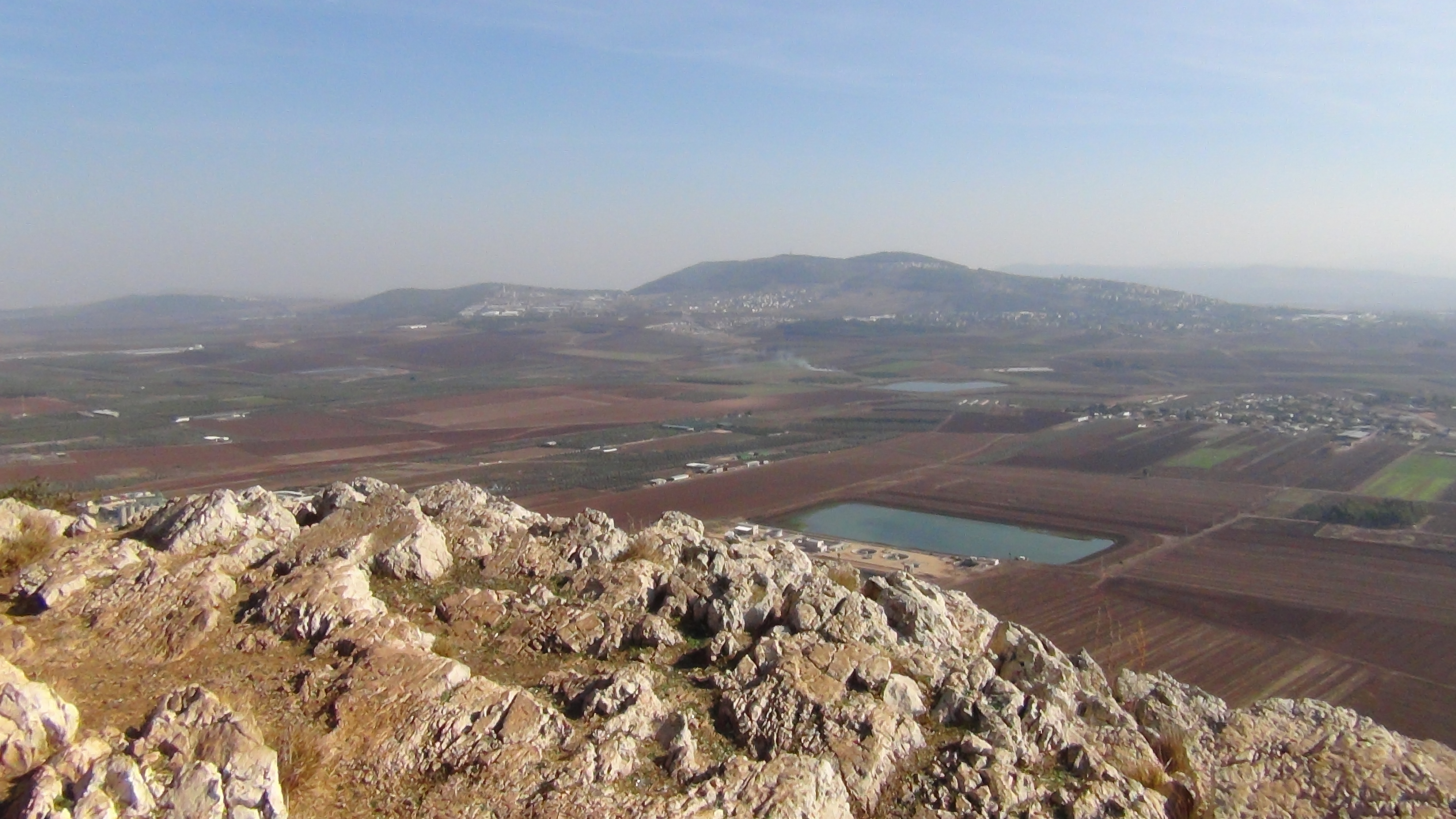


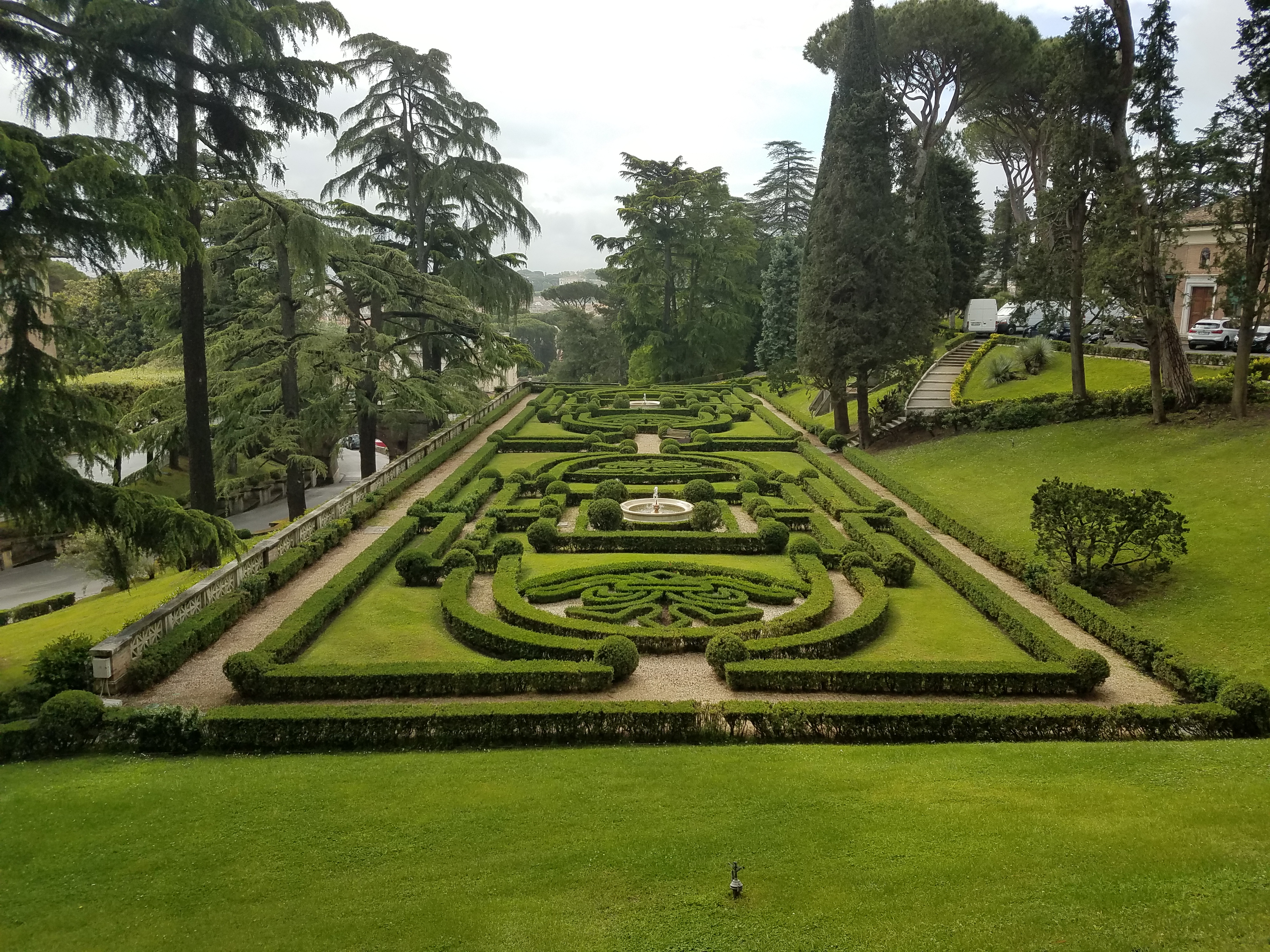

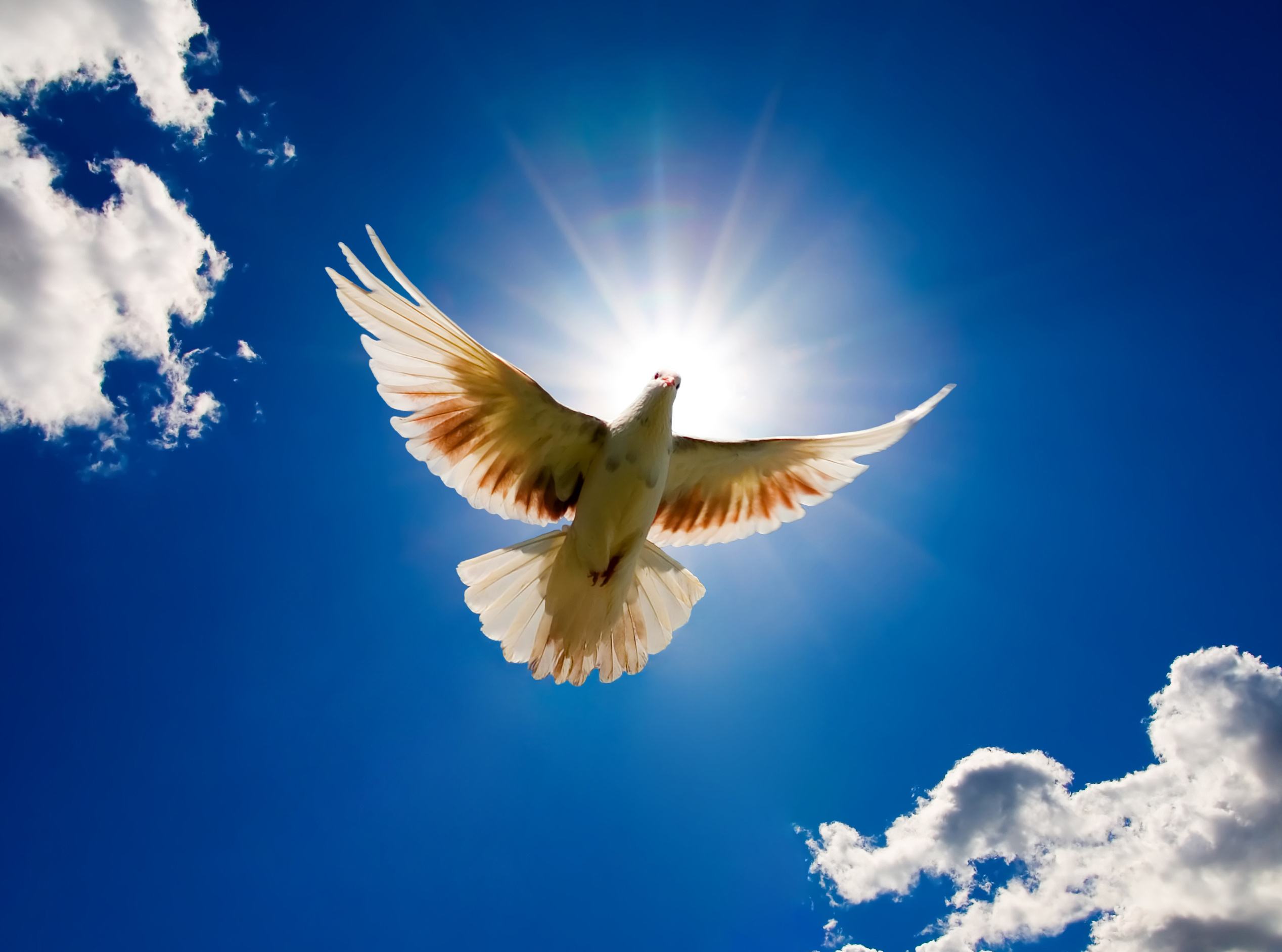

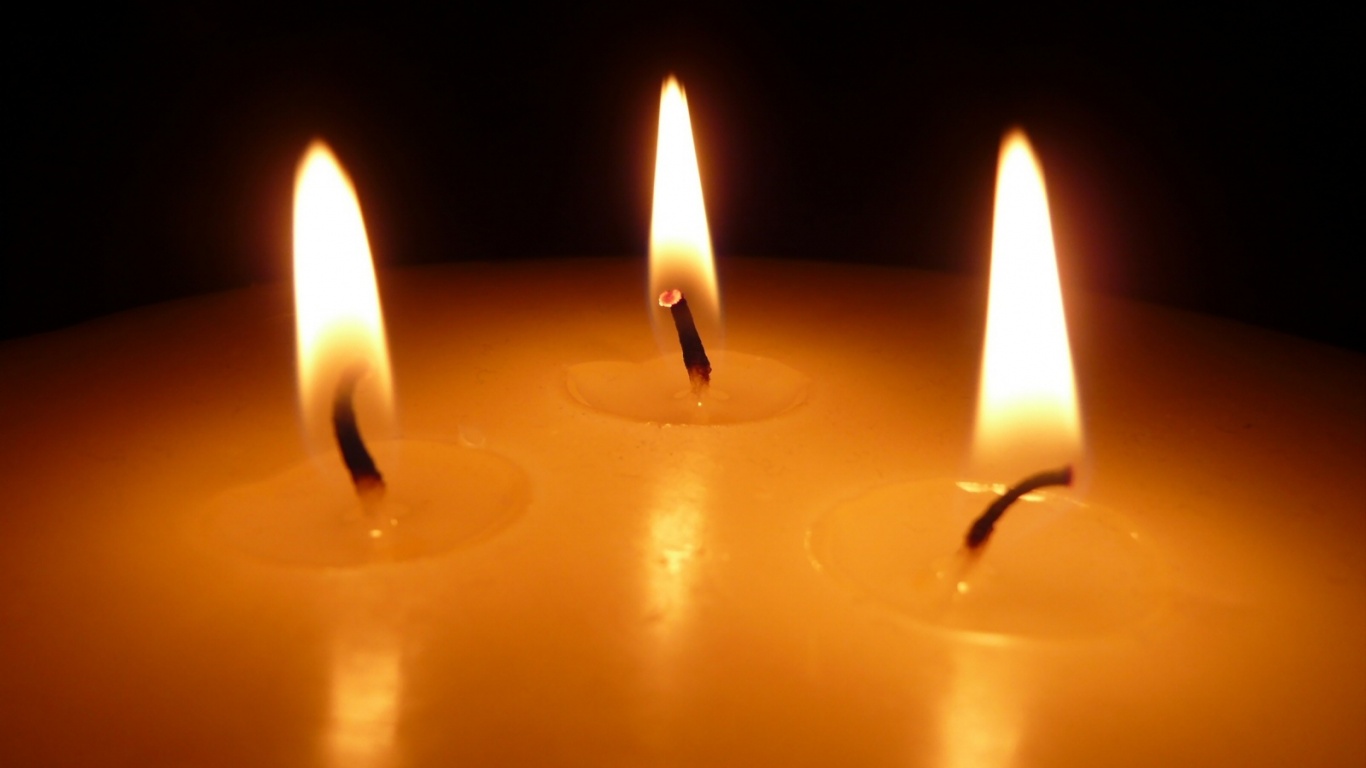

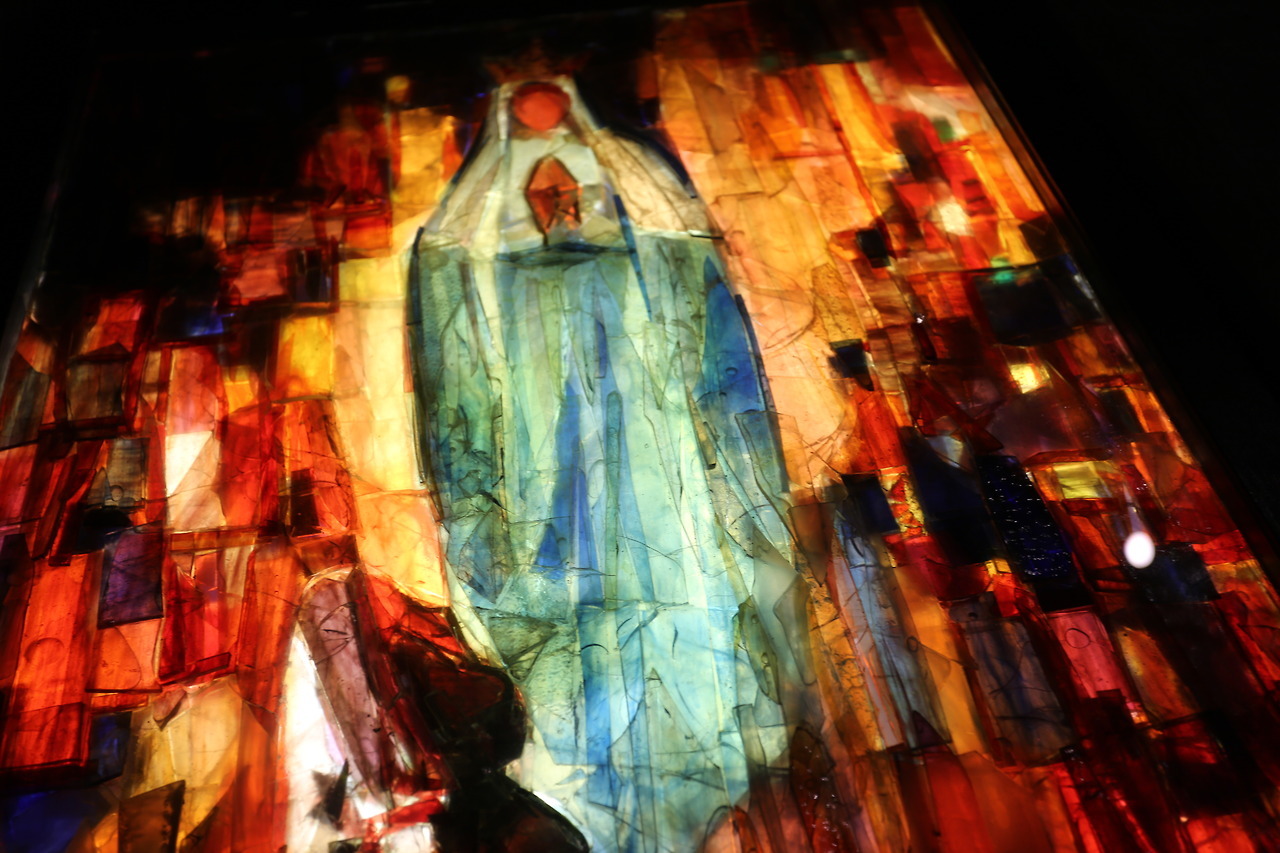

Recent Comments